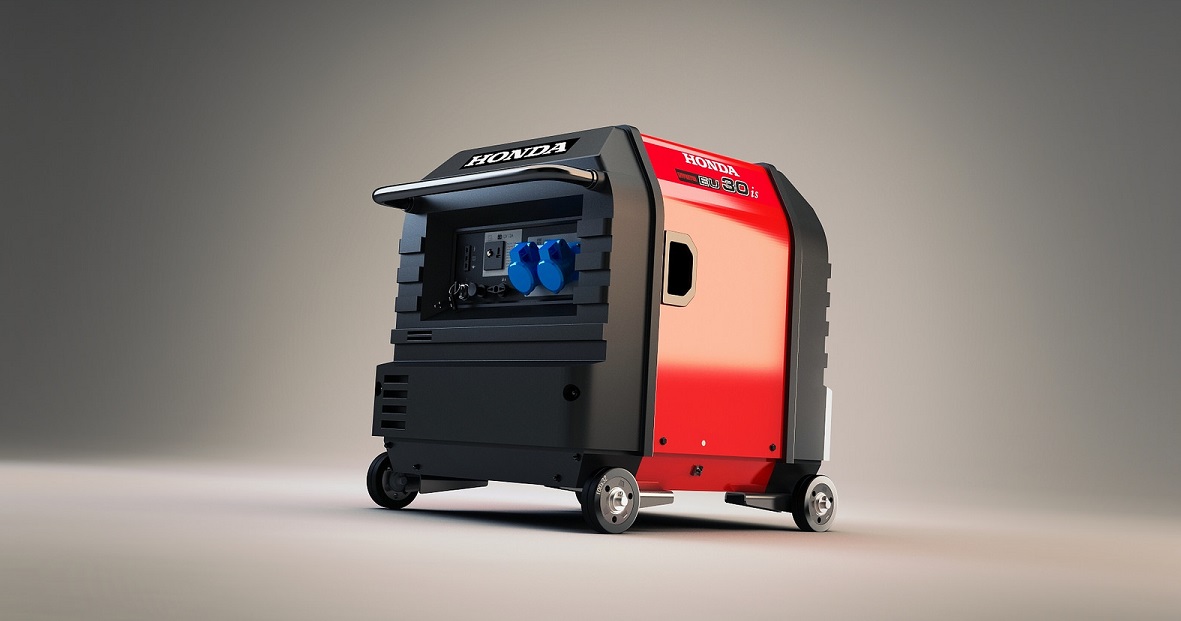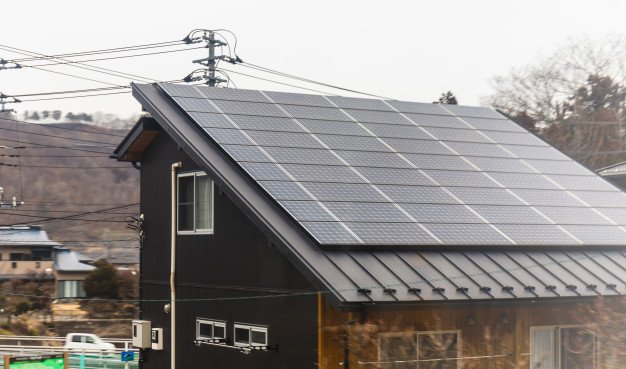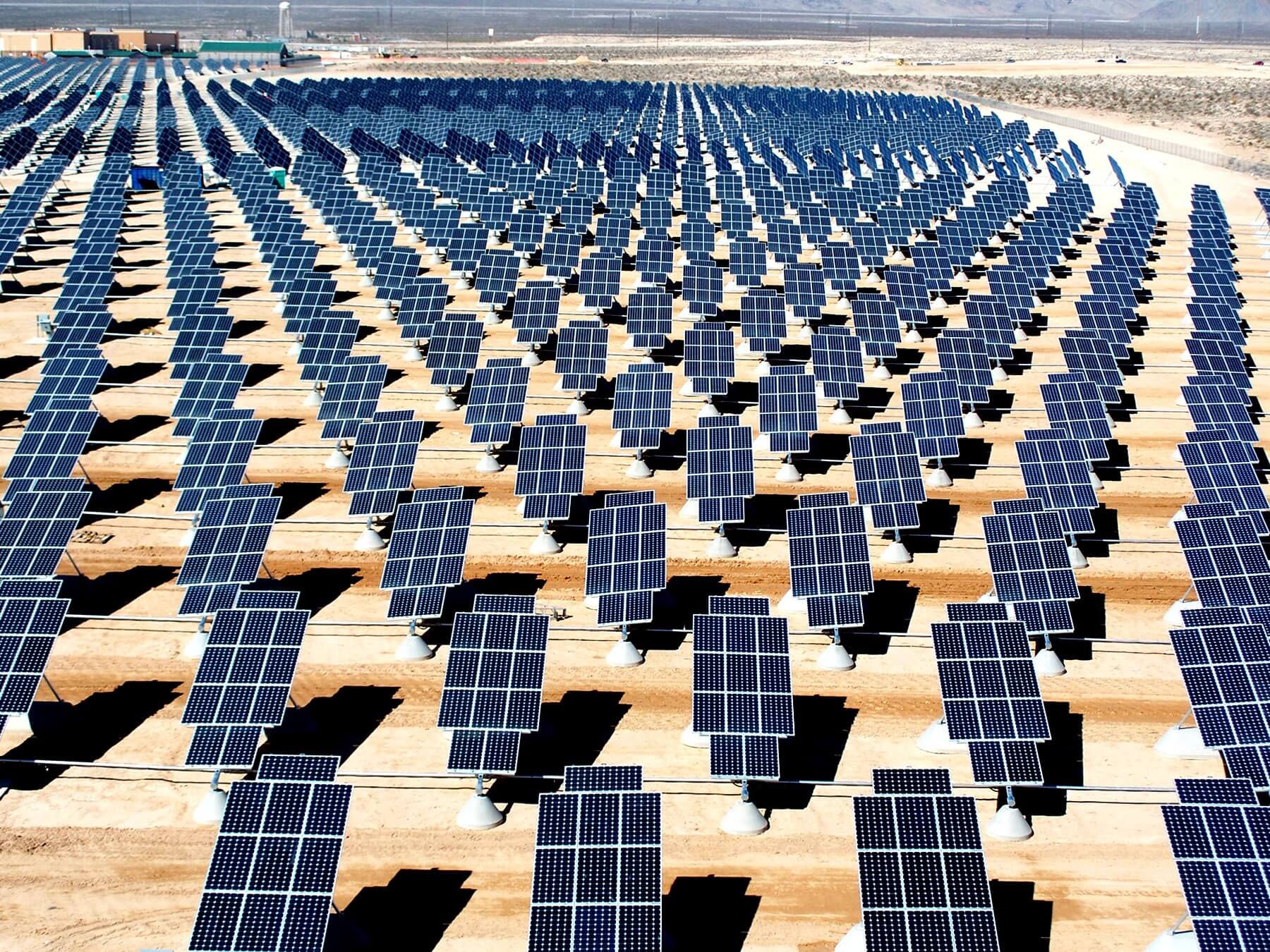Pretty much everyone has wished they had a backup home generator at one time or another. Whether you want a generator just so you won’t be left in the dark during a power failure or you need to know your family will be safe from the cold should a prolonged power outage happen during the dead of winter, buying a home generator requires some careful thought.
Past the obvious choices of cost and reliability, there are a number of factors you should carefully consider before buying a home generator, such as price, your expected power needs, installation requirements, and maintenance issues.
The variety of options and requirements can turn a seemingly simple purchase into a complex problem if you don’t know what you need. Here are seven specifications you should look for when buying a home generator:
Specifications You Need To Look For Home Generator
There are several factors you need to look at while seeking a home generator. Work out the plans that can work well for you.
1. Power Requirements:
Power needs are often dictated by your budget, as the more powerful a generator is the more it will, typically, cost. However, initial determining factors for calculating the size of the generator can be addressed with this query: During an electricity failure, does the generator need to power the entire house, or just handle emergency needs?
When considering a generator that is able to handle the electrical demands of all the appliances in your home, factors such as peak demand during the months you use the most electricity is a deciding factor. Common generator voltages are 120/240 volts. If you are unsure, your electrician can provide this information.
If you live in the south, where the temperatures are moderate throughout the winter, you will not need as powerful a generator as if you live in the far north where temperatures can be deadly in the winter months. A powerful home generator can make things easier for you.
On the other hand, when calculating needs for backup supply, only the requirements of the reserve need to be calculated.
In the north, this should include the furnace and a couple of lights. In the south, a smaller unit that can power a few lights and the refrigerator is probably adequate.
For emergency loads, you may need to have an electrician install a dedicated emergency circuit from the main service panel to a distinct backup panel. However, this is typically up to the homeowner’s liking for a whole-house system.
2. Fuel Type:
While it might seem convenient, gasoline is usually an inferior fuel choice for emergency generators as it tends to go bad quite quickly, especially gasoline with ethanol. Better choices include propane, natural gas, and diesel fuel. Powerful home generator can make things easier and effective for you.
Prices can be a major contention when choosing between a natural gas generator, or propane and diesel since the price of the generator will depend on the amount of fuel the generator uses. The accessibility of the form of fuel is an additional important element.
Propane and diesel fuel generators will have to be refilled during extended outages, whereas the utility company provides a continual source of natural gas. Local laws may dictate what type of fuel is available in your area. For example, the fuel element, propane is not usually permissible to be used within the limits of the city
3. Installation:
Depending on the type of unit, you may need to hire a licensed electrician to install the generator. While smaller portable units simply require you plug a power cord directly into the unit, larger whole-house generators will need to be hardwired into your electrical system. Additionally, you will probably have to hire an authorized and insured plumber if you will be connecting the generator to a natural-gas fuel source.
However, for simple emergency situations, a portable unit like gasoline-powered online Honda generators can provide up to 10,000 watts of emergency power and be stored in your garage, basement or on your porch. Some of the larger generator companies have their own installation staff or may subcontract the work.
However, in some areas, depending on local codes, a homeowner with the proper skills may be able to perform their own installation. The important consideration is to use a trustworthy firm with a proven record of accomplishment of installing standby power-generator systems.
4. Placement:
Where your generator will be located is an important consideration. The home generator should be installed as close to the fuel supply and service panel as possible.
The generator must also be positioned where it can be easily reached for servicing. This is especially important if the unit is not being powered by natural gas, as you will have to fill the tank periodically.
Additionally, it must be located at a comfortable distance from the ground to prevent any form of water from coming close or entering the unit in case of flooding.
Outdoor installations may be required to be a secure distance from flammable structures to meet codes, as well as for safety in the absence of any local requirements.
Indoor installations should adhere to norms and rules regarding exhaust, closeness to flammable materials, fuel-supply, and ventilation.
Even if local codes don’t require it, the power back up should be placed in some type of enclosure to protect it from the elements and possible vandalism.
Consider if there are Outdoor Noise Regulation imposed by the local Council or government body for installing the home generator outdoors.
Some municipalities require the noise level of a generator is restricted to a specified decibel level at the property line closest to the unit. If a noise ordinance exists, the required level of sound will dictate the kind of power generator that will be used. Quite a few residential generators are supplied with sound deadening enclosure.
5. Options:
Accessory options can vary widely, depending on the home generator make and model. Some systems will offer a remote panel that can be installed in a convenient spot inside your home that will have controls and displays to allow you to control and monitor your system without having to go outside. Larger whole-house systems will typically have an automatic transfer switch that will switch the generator on when a power disruption is detected and may be an option on some smaller units.
6. Maintenance:
Like any piece of mechanical equipment, and home generators require regular and proper maintenance to ensure it will do the job you bought it to do when the time comes. Unfortunately, because it isn’t typically used on a regular base, maintenance often isn’t thought about, until the generator won’t start during a power outage.
Some companies will include routine maintenance in the cost of the unit or you may be able to purchase a separate maintenance contract. If you are a do-it-yourselfer you can perform maintenance on your generator yourself, just be sure it won’t void the warranty.
7. Warranty:
The typical warranty for residential generators usually varies from one to five year, based on the manufacturer and model. Be sure to study the warranty coverage, including the duration, and what is and what is not covered. Many companies will offer an extended warranty for an added fee.
Read Also:
- Advantages Of Using A Portable Solar Generator
- How To Maintain Your Garden Railings?
- Winter Is Going! A Monthly Home Maintenance Checklist To Get You Ready For Spring
Featured Image: generatorpalace.com





















